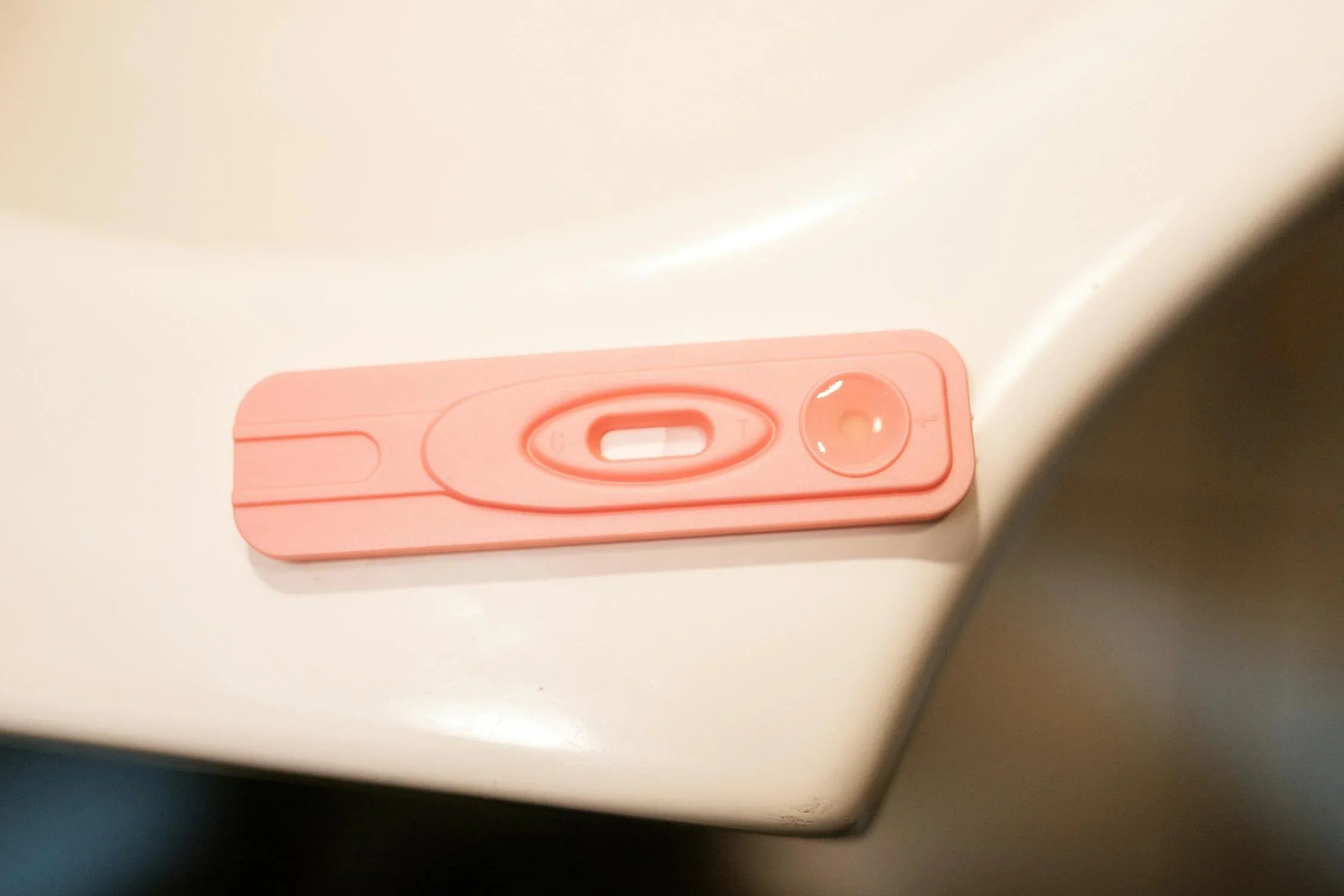Home
Pregnancy, Breastfeeding, and Pumping: The Ultimate Guide for Moms
How Quickly Do Pregnancy Tests Work: A Comprehensive Guide

How Quickly Do Pregnancy Tests Work: A Comprehensive Guide
When it comes to finding out if you're expecting, timing is everything. The question 'How quickly do pregnancy tests work?' is one that many women ask, especially when they're eager for answers. Pregnancy tests have come a long way, offering faster and more accurate results than ever before. But understanding how they work and when to take them can make all the difference in getting reliable results.
The Science Behind Pregnancy Tests
Pregnancy tests detect the presence of human chorionic gonadotropin (hCG), a hormone produced by the placenta shortly after a fertilized egg attaches to the uterine lining. This hormone is a key indicator of pregnancy and is what most tests are designed to identify. The levels of hCG increase rapidly in the early stages of pregnancy, doubling every 48 to 72 hours.
Types of Pregnancy Tests
There are two main types of pregnancy tests: urine tests and blood tests. Urine tests are the most common and can be done at home or in a healthcare setting. Blood tests, on the other hand, are typically performed in a doctor's office and can detect pregnancy earlier than urine tests. Both types have their advantages, but for most women, urine tests are the go-to option due to their convenience and accessibility.
How Quickly Do Pregnancy Tests Work?
The speed at which a pregnancy test works depends on several factors, including the sensitivity of the test and the timing of when it's taken. Most urine tests can detect hCG levels as early as 10 days after conception, but for the most accurate results, it's recommended to wait until after you've missed your period. Blood tests can detect pregnancy even earlier, sometimes as soon as 6 to 8 days after ovulation.
Factors Affecting Test Accuracy
While pregnancy tests are generally reliable, certain factors can affect their accuracy. Taking the test too early, using diluted urine, or not following the instructions properly can all lead to false negatives or positives. It's also important to consider the expiration date of the test and how it's stored, as these can impact its effectiveness.
Tips for Accurate Results
To ensure you get the most accurate results, follow these tips:
- Wait until after you've missed your period to take the test.
- Use your first-morning urine, as it's more concentrated and contains higher levels of hCG.
- Read the instructions carefully and follow them to the letter.
- Check the expiration date of the test before using it.
- If you get a negative result but still suspect you're pregnant, wait a few days and test again.
Understanding False Results
False negatives and positives can occur for various reasons. A false negative might happen if you take the test too early or if your hCG levels are too low to detect. A false positive could be due to a chemical pregnancy, certain medications, or medical conditions that affect hCG levels. If you're unsure about your results, it's always a good idea to consult with a healthcare professional.
When to See a Doctor
If you've taken a pregnancy test and received a positive result, the next step is to schedule an appointment with your doctor. They can confirm the pregnancy through a blood test and provide you with important information about prenatal care. Even if you've received a negative result but are experiencing pregnancy symptoms, it's worth discussing with your healthcare provider to rule out any other potential issues.
Emotional Considerations
Waiting for the results of a pregnancy test can be an emotional rollercoaster. Whether you're hoping for a positive or negative result, it's important to take care of your mental health during this time. Lean on your support system, whether that's a partner, friend, or family member, and don't hesitate to seek professional help if you're feeling overwhelmed.
Final Thoughts
Understanding how quickly pregnancy tests work can help you navigate this important moment with confidence. By knowing when to take the test, how to use it correctly, and what factors can affect the results, you can increase your chances of getting an accurate reading. Remember, no matter what the test says, you're not alone, and there are resources available to support you every step of the way.
So, the next time you find yourself asking, 'How quickly do pregnancy tests work?' you'll be armed with all the information you need to make informed decisions. Whether you're eagerly awaiting a positive result or hoping for a negative one, knowing what to expect can make the process a little less stressful. Take a deep breath, follow the guidelines, and trust that you're doing everything you can to get the answers you need.
Share

